July
Most people in Germany take their summer holidays in either July, August or September.
For most Germans, Spain is the number one summer holiday destination, with Mallorca being the most popular island to visit. Greece and Italy are also highly sought-after locations, with their beautiful beaches and rich history. Another great summer holiday destination is Malta, where they speak English and offer a unique blend of European and North African cultures.
If you’re looking to stay closer to home, there are plenty of amazing travel destinations within Germany to choose from. The Ostsee, Nordsee, Sylt, and Lake Constance are just a few of the top-rated destinations that offer beautiful scenery, cultural attractions, and outdoor activities for the whole family to enjoy.
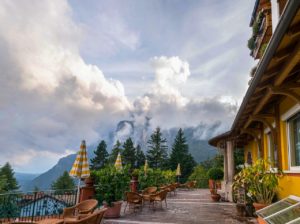
Tourist accommodation types
Germany, known for its rich cultural heritage, stunning landscapes, and vibrant cities, offers a diverse range of accommodation options to suit every traveler’s needs. Here’s a guide to some

Travel in the Schengen Area
Travel within the Schengen Area “The Schengen Area is a zone comprised of 29 European states which have officially abolished passports and other types of border control at their mutual
The weather is perfect for outdoor activities and al fresco dining. The Germans calls a braai grilling, and they like to grill sausages, vegetables, and even cheese. There are some rules around braaing at your home and also for doing it in a public space.

Grilling in public
When you do not have braai facilities at home or want to have more space while meeting your friends for a braai, you can use the grills/fireplaces at a
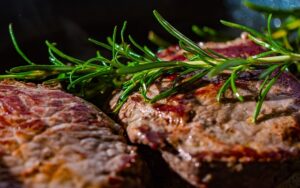
Braai Season
Summer is finally here and it is time to invite friends to kuier around the braai. But before you light your charcoal, check out the rules and regulations that
In summer, public swimming facilities (Freibad) will be open to visitors. Other options are to swim at a beach, a Baggersee or a lake.
You can find a list of all the lakes (der See/Seen) in Germany on this website.
Other outdoor activities that are very popular during summer are hiking and biking. There are many websites and apps available with easy-to-follow routes.
Most fruit trees will be heavy with fruit by now. In Germany, there are rules about when you are allowed to pick fruit from trees that do not belong to you. The general rule is that if the trees belong to a fruit farmer you are not allowed to pick the fruit, if the trees do not belong to a fruit farmer, then you can pick fruit for your own use.
For each Bundesland, there might be different rules. Here is a short article about it (in German).
Websites with more information on where you can go pick fruit, also from farmers, are Mundraub and https://www.streuobstwiesen-boerse.de/,
| Season | Summer |
| Time | Central European Time (CET), Summertime – the same time as South Africa until the last Sunday of October, when Wintertime starts (30 October 2022). |
| Weather | The average day temperature is 22 degrees Celsius. The days become shorter. |
There might still be some Pollen in the air, have a look at the Pollenkalender here
Plan your month
everything you need to know
Festivals
The warmer weather and long nights mean that the summer Festivals are in full swing.
Cities come alive with street parades, music, markets, food and enough to drink.
Holidays
Most Federal States begin their summer holidays in July. There are no public holidays in July.
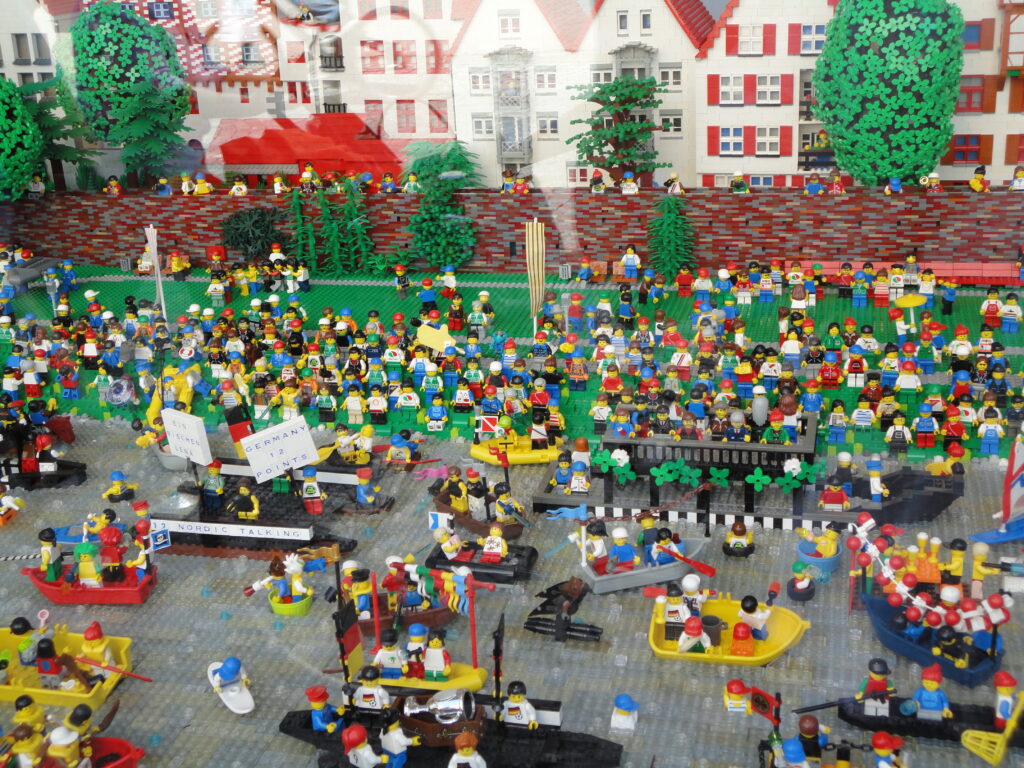
Events
- Kiliani Volksfest vom 05.07 - 21.07
- Zelt Musik Festival Freiburg 17.07 - 30.07
- Kaltenberger Ritterturnier 12 - 28.07
- Kinderzeche in Dinkelsbühl (traditional dancing, parades)
- Das Ulmer Nabada 22 July
- Klassik Open Air Nuremberg 21.07, 03.08 ( free classical concerts and fireworks)
- Ulmer Volkfest 12 - 28.07
- Sommerwerft Frankfurt 26.07 - 11.08 (theatre and arts festival)
- Bardentreffen Music Festival Nuremberg 21 - 23 July
- Internationales Donau Fest - 5 - 14.07 2024
- Reihn in Flammen Bingen Rüdesheim 6 July
- Melt Festival (Indie Rock) near Wittenberg
- Wine Festival in Freiburg
Events listed on our website
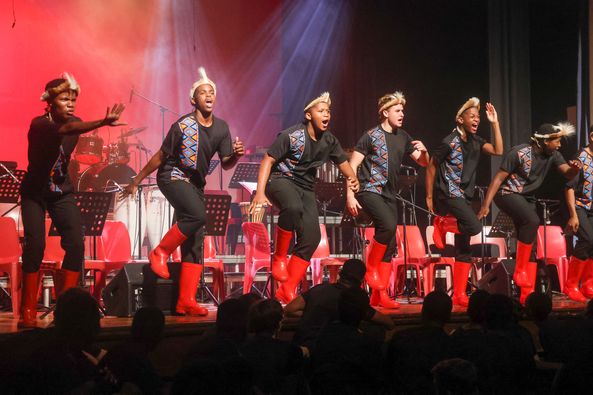
Kearsney College Choir
29/06/2024 – 06/07/2024 @ 7:30 pm – 9:30 pm – The renowned Kearsney College Choir and Rainbow Agency, KwaZulu Natal, have the honour to inform you that former Federal President Professor Dr Horst Köhler is the patron of the choir’s concert tour to Germany from 28 June to 6 July 2024. Professor Dr Köhler will attend a concert of his choice. Kearsney College Choir has […]
Trevor Noah Tour – Berlin 01.08
01/08/2024 @ 8:00 pm – 11:45 pm – Trevor Noah Off the Record Tour. The actual time is not published yet, estimated it will be in the evening We are not the organisers of this event it is shared for information purposes only Tickets via the Trevor Noah website – this will take you to the Eventim Website

Fokofpolisiekar / Die Heuwels Fantasties 12.07
12/07/2024 @ 7:00 pm – 11:45 pm – After a sold-out show in 2023, Fokofpolisiekar is back. This time they bring their friends from Cape Town, Die Heuwels Fantasties, as support. There is no better live combo showcasing the best of African rock and African alternative music than these two acts. It will be energetic, melodic and full of nostalgia as these two […]

SH*T HOT FEST AMSTERDAM 24 – 21.07
21/07/2024 @ 12:00 pm – 6:00 pm – We hope to create a lekker gathering of South Africans living abroad. Food, music, hot sauce, chilli eating competition, drinks, sunshine, good vibes only. Are you joining us? Tickets just went on sale. Early Bird Tickets here: https://www.eventbrite.com/…/sht-hot-fest-amsterdam… All EB tickets include a 10% voucher that can be used on Runder.nl plus an iconic welcome drink […]

SA in Germany – 2 pot retirement presentation
25/07/2024 @ 7:00 pm – 9:00 pm – Chad Jouber will do a presentation about the new 2 pot retirement rules in South Africa You will then have time to ask him questions If you have any questions you would like to send so long, please send them to admin@southafricansingermany.de It will be a TEAMS meeting, you do not need Teams to participate […]

12/08/2024 @ 8:00 pm – 10:00 pm – From 22 July to 25 August, international award-winning Cape Town-based comedian, award-nominated radio sports broadcaster and podcaster Dalin Oliver will be performing his one-man show “90 Day Comedian” in Europe. Dalin Oliver is heading to The Wall Comedy Club, Grünberger Straße 84, 10245 Berlin, to make his BERLIN debut on 12 August 2024. Tickets on […]
Some foods and drinks to try
01.
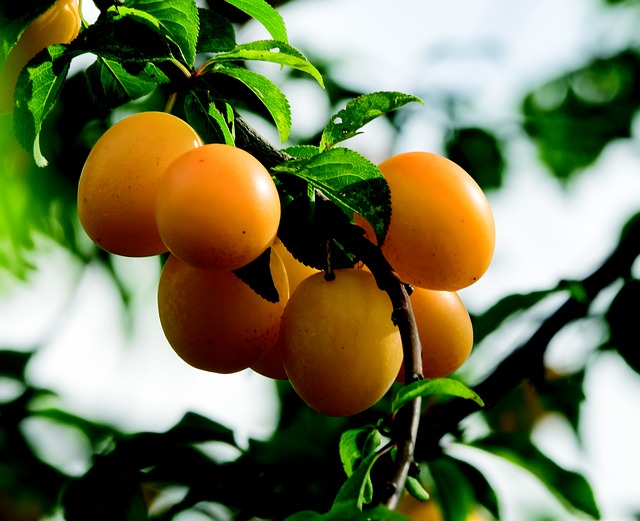
Mirabellen
Mirabelle plums are sweet and delicious, bursting with flavour that will satisfy your taste buds. Try them as a snack or in culinary creations.
02.
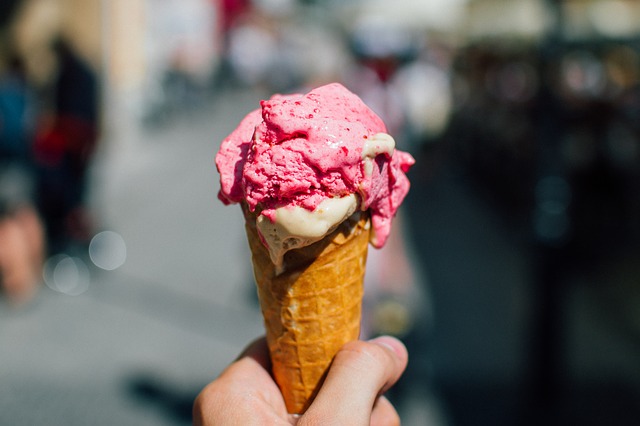
Ice Cream
You will find the best ice-cream at Italian Gelato shops. Do try Spaghetti Eis
03.
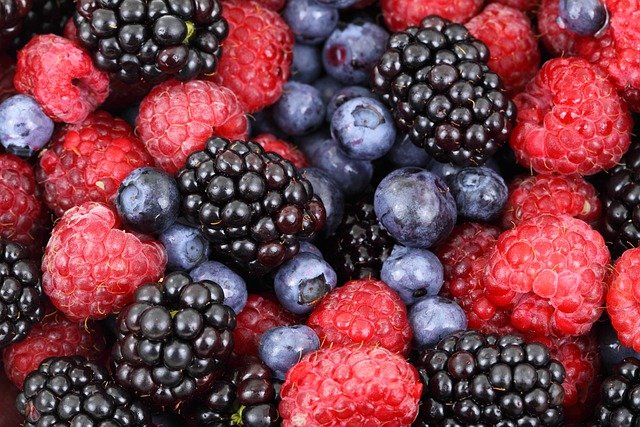
Berries
Strawberries (Erdbeeren), Red currant berries (Johannisbeeren), Blueberries (Blaubeeren), Gooseberries (Stachelbeeren) and Cherries (Kirschen) are still in season
04.
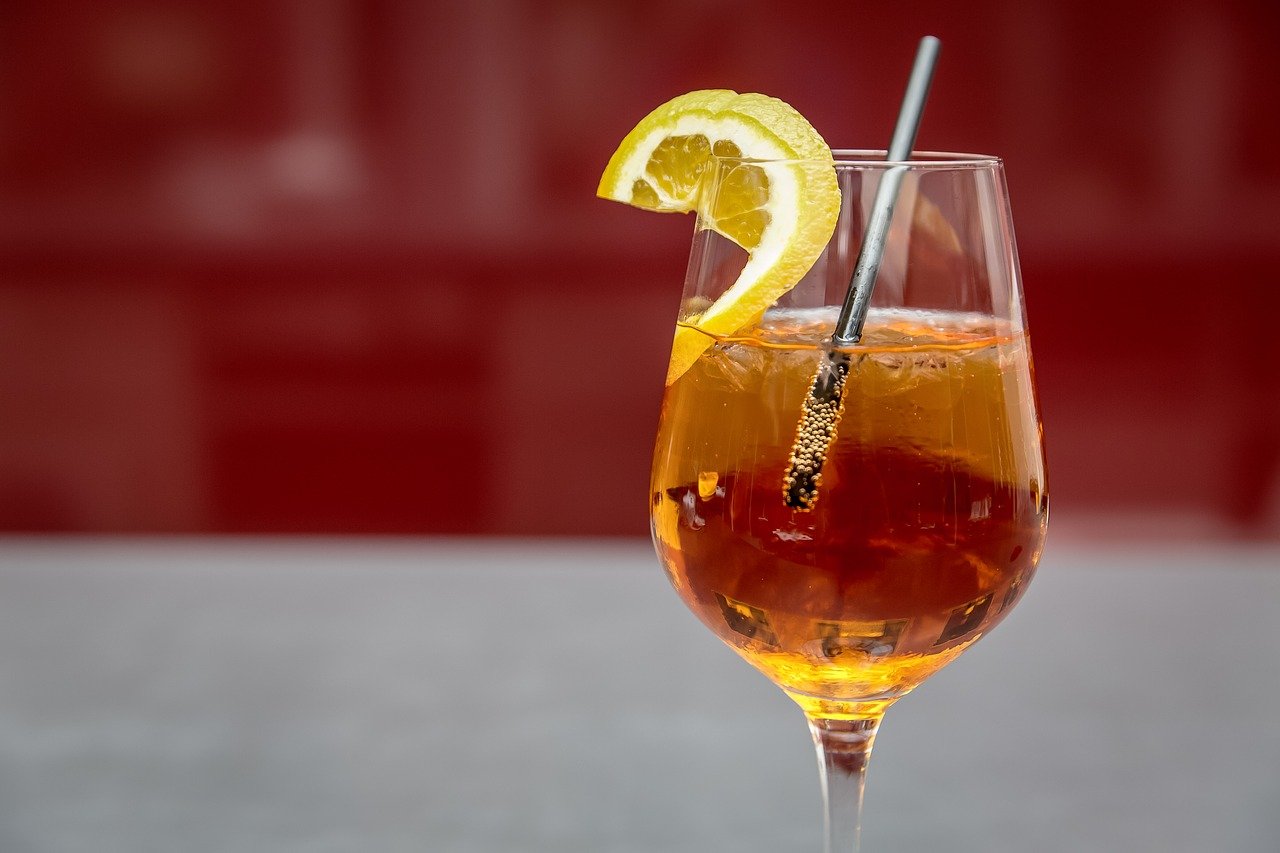
Summer Drinks
- Aperol Spritz
- Campari Orange
- Elderflower Cocktail (Hugo)
- Spritzers(Schorle)
- Fruit Punch (Fruchtbowle)
- Cold Duck (Kalte Ente)
- Sagria
- Beer and wine cocktails
05.
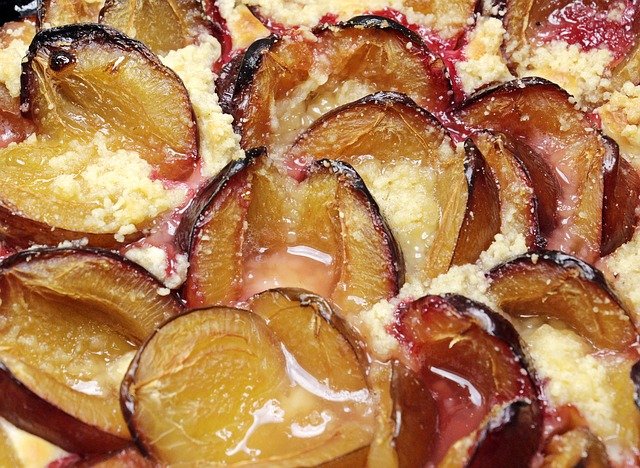
Zwetschgen
Another seasonal fruit is the Damask Plum ( Zwetschgen). It is not to be confused with normal plums (Pflaumen). Most bakeries will sell Zwetschgenkuchen or Zwetschgendatschi. Eat it with a big dollop of cream or ice cream. You can also substitute the Zwetschgen for Mirabellen
06.
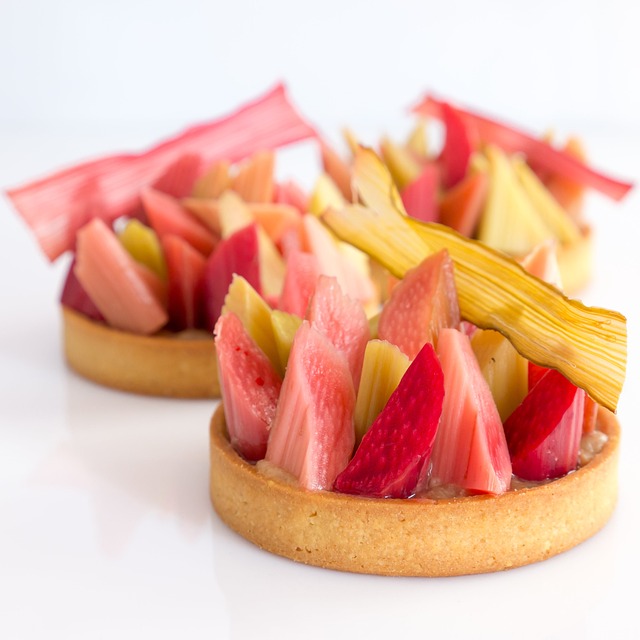
Rhubarb
Rhubarb is a staple ingredient in many popular German recipes, such as rhubarb cake (Rhabarberkuchen) and rhubarb compote (Rhabarberkompott). Its tart flavour complements sweet dishes well, creating a unique and delicious contrast that many people enjoy.
Fruit and Veggies in Season
Vocabulary
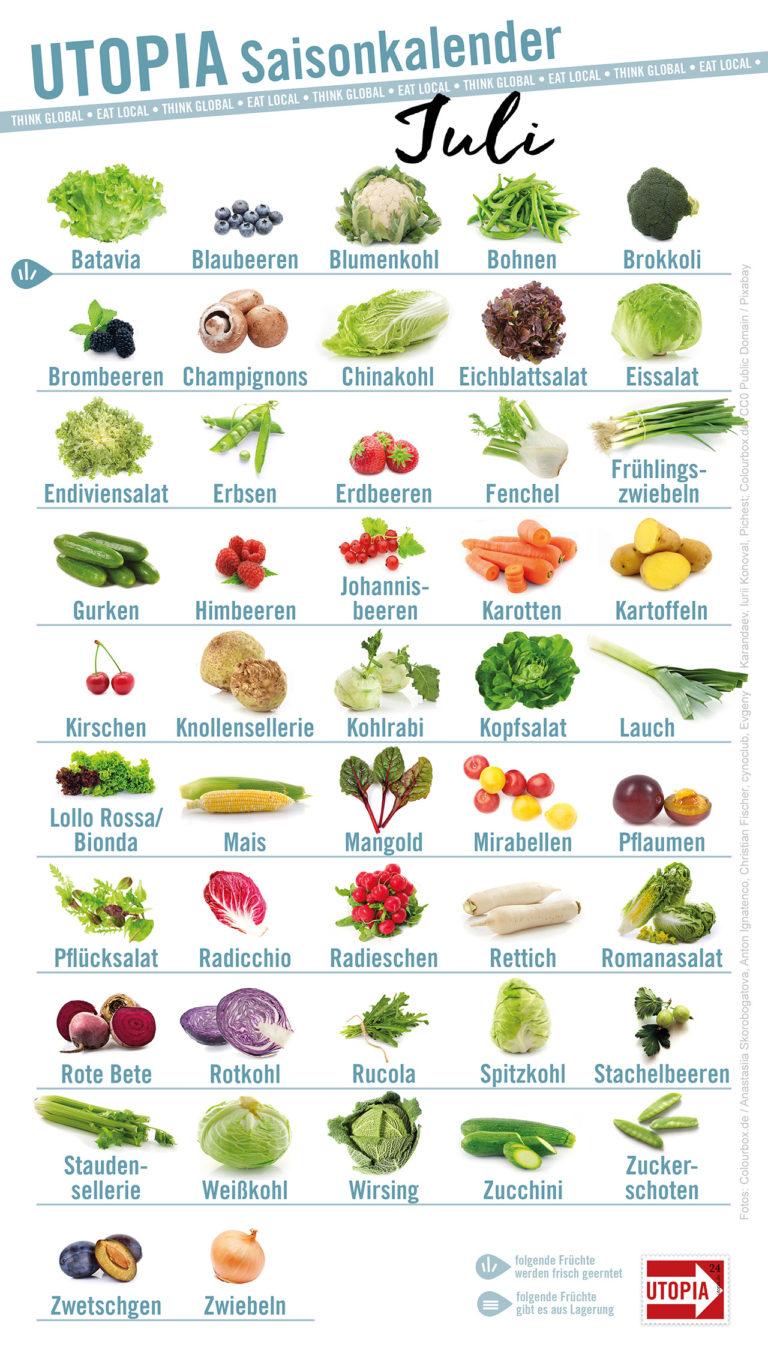
| German Barbecue | das Grillfest |
| a state or feeling of warmth, friendliness, and good cheer. | die Gemütlichkeit |
| Man-made quarry filled with water | der Baggersee |
| Lake | der See |
| Ocean | das Meer |
| Beach | Beach |
| Vacation | der Urlaub |
| Trip | die Reise |
| Accommodation | die Unterkunft |
| Streuobstwiesen | Man-made Orchards and a form of fruit growing that is designed for multiple uses. The tall trees that are “scattered” in the landscape carry various fruits such as apples, pears, cherries, plums or walnuts. The meadow can be used as pastureland. |
Sources
Related content

Swimming in Germany
Swimming options Private swimming pools are not so popular in Germany, but there are good public swimming options available. Public swimming pools / Öffentliche Schimmbäder
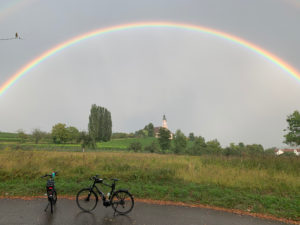
Cycling
The entire cycling scene in Germany took some getting used to when I arrived here. In South Africa its sort of all kitted out serious

Outdoors
Most South Africans love being outside the house. This can sometimes feel like a challenge in Germany, but I have learned very quickly that you

Weather in Germany
German Climate Germany’s climate is temperate and marine, with cold, cloudy winters and warm summers and in the south occasional warm föhn wind. The greater






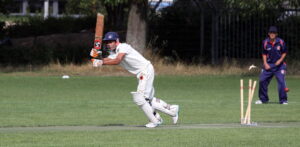



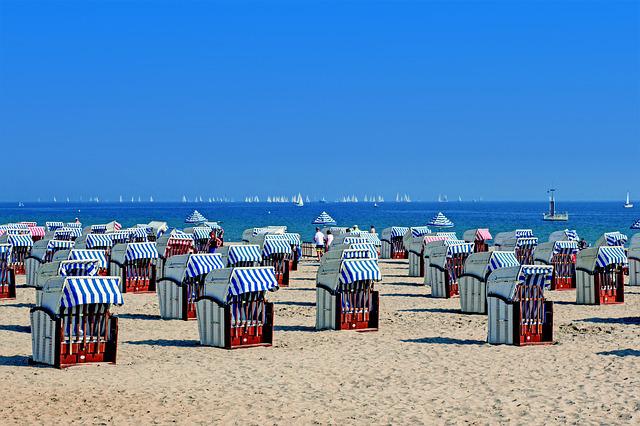
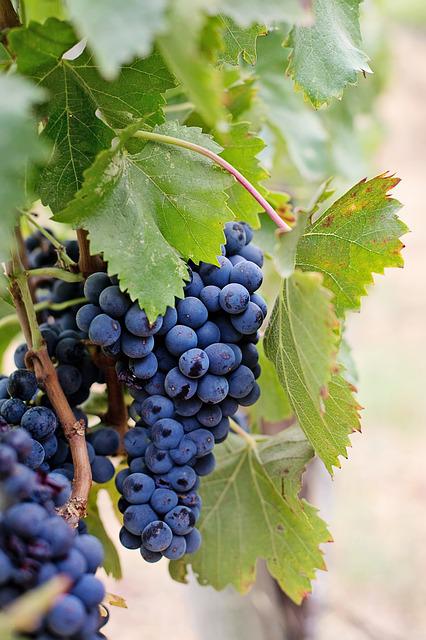



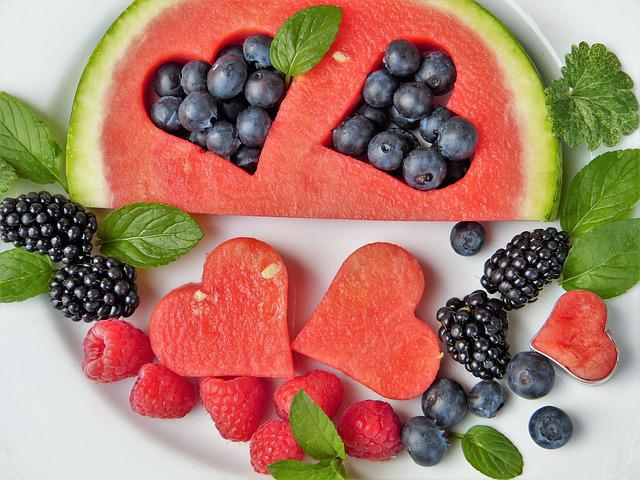
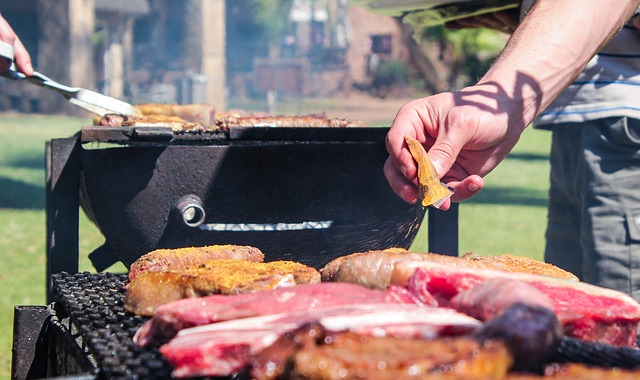
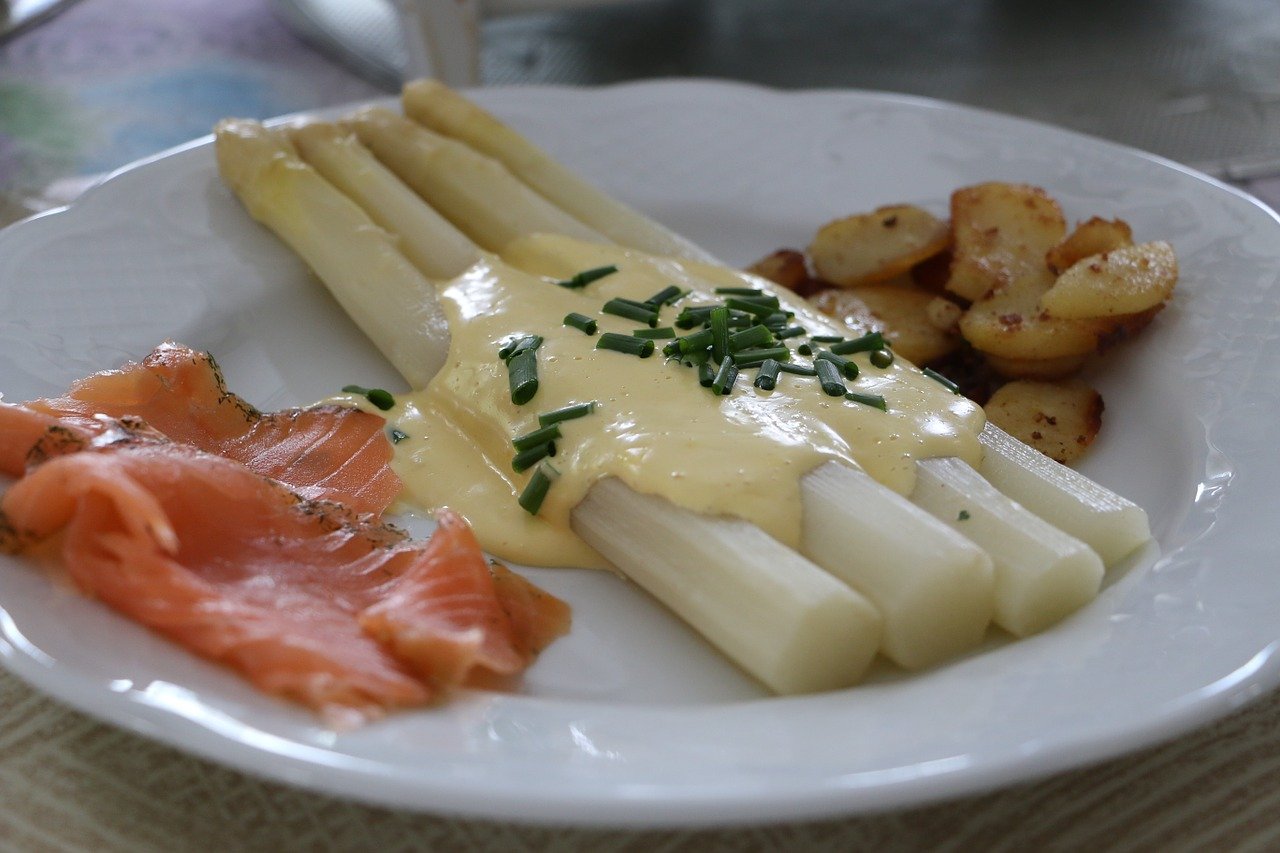

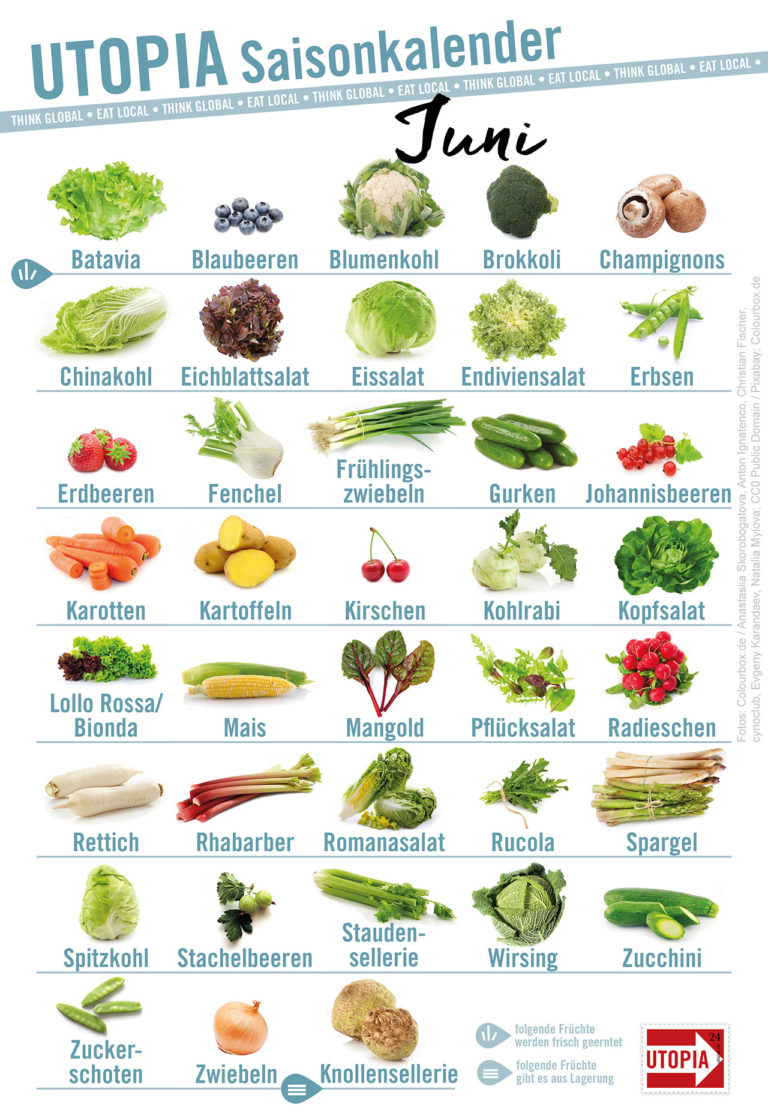




You must be logged in to post a comment.